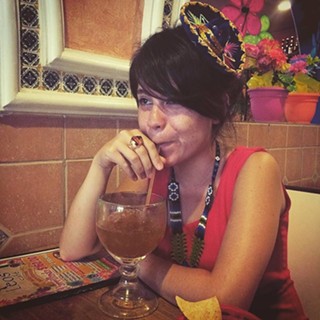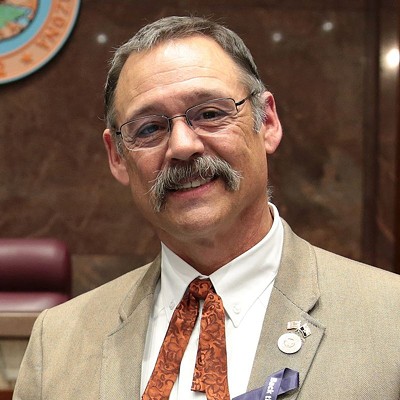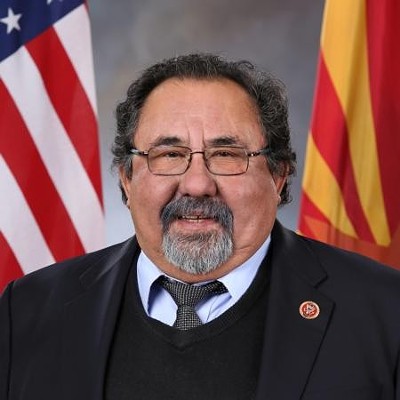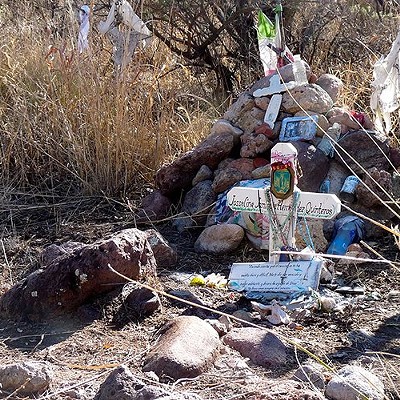Monday, June 27, 2016
Not All is Lost with Immigration Reform, Latinos Can Still Make a Difference in November
Millions of undocumented parents and youth took a painful hit last week when the U.S. Supreme Court announced its 4-4 decision on a lawsuit challenging two immigration relief programs issued by President Barack Obama almost two years ago. A split stance on the issue means both DAPA and extended DACA remain blocked.
But immigration rights advocates, and immigrants who could have benefited from DAPA (which would grant parents of U.S. citizen or resident children relief from deportation and a renewable three-year work permit) and DACA II (an extension without age restrictions for DREAMers who didn't qualify for Obama's 2012 Deferred Action for Childhood Arrivals, which also granted a three-year work permit rather than a two-year permit) say they are committed to keeping the community united and strong.
They're also reminding Latino voters and allies in the fight for immigration reform that the elections in November will be decisive. Even though the roughly 5 million undocumented immigrants who could have qualified for DAPA or extended DACA cannot vote, they sure as hell know people who can, including their U.S. citizen children who turned, or will turn, 18 before the General Election.
According to an April article on The Hill, the number of Latino voters is "skyrocketing," especially since presumptive Republican presidential nominee Donald Trump made a political career out of calling Latin American immigrants rapists and criminals, and promised xenophobes he would build a bigger wall on the U.S.-Mexico border.
Arturo Vargas, executive director of the National Association of Elected and Appointed Officials, projects 13.1 million Hispanics will vote nationwide in 2016, compared to 11.2 million in 2012 and 9.7 million in 2008.Now, the same article says that only about 48 percent of those eligible to vote actually do so. Please, use this right—we are a big force and it is our moral responsibility to show up on behalf of fellow immigrants who wish they could participate in this decision-making.
Locally, organizations like Keep Tucson Together—a volunteer-based project that helps undocumented people seek relief and get free legal representation—say they are still committed to help young immigrants get DACA (the 2012 program is still up and running) and eventually a path to citizenship for all.
“Latino voters will hold the 26 states responsible in November in the same way that the community held California responsible after Prop. 187. This decision doesn't sadden us; it reminds us of what is at stake and makes us stronger," Margo Cowan, Keep Tucson Together's supervising attorney says in a press release.
Every Thursday at 5:30 p.m., you can find Keep Tucson Together volunteers at Pueblo High School, helping youth apply for DACA and giving free legal advise to other immigrants. (I wrote a story about them last year, "Moving Along.") Since 2012, they have worked with more than 1,500 Tucson immigrant youth in applying to DACA, and helped more than 130 people become U.S. citizens since September 2015, the group says in a press release.
In Tucson and across the country groups like Keep Tucson Together will continue to fight to keep our families and our communities together.“This decision is especially disappointing to my US Citizen child who continues to feel that they are not considered a full citizen because I remain undocumented” says Silvia Herrera, a DAPA-eligible mom, in the Keep Tucson Together press release. ”We will continue to work to improve the lives of our neighbors and that means building strong, active communities that make our city and our country a better place for everyone.”
Tags: keep tucson together , u.s. supreme court , dapa , daca , dreamers , margo cowan , immigration , the hill , tucson














